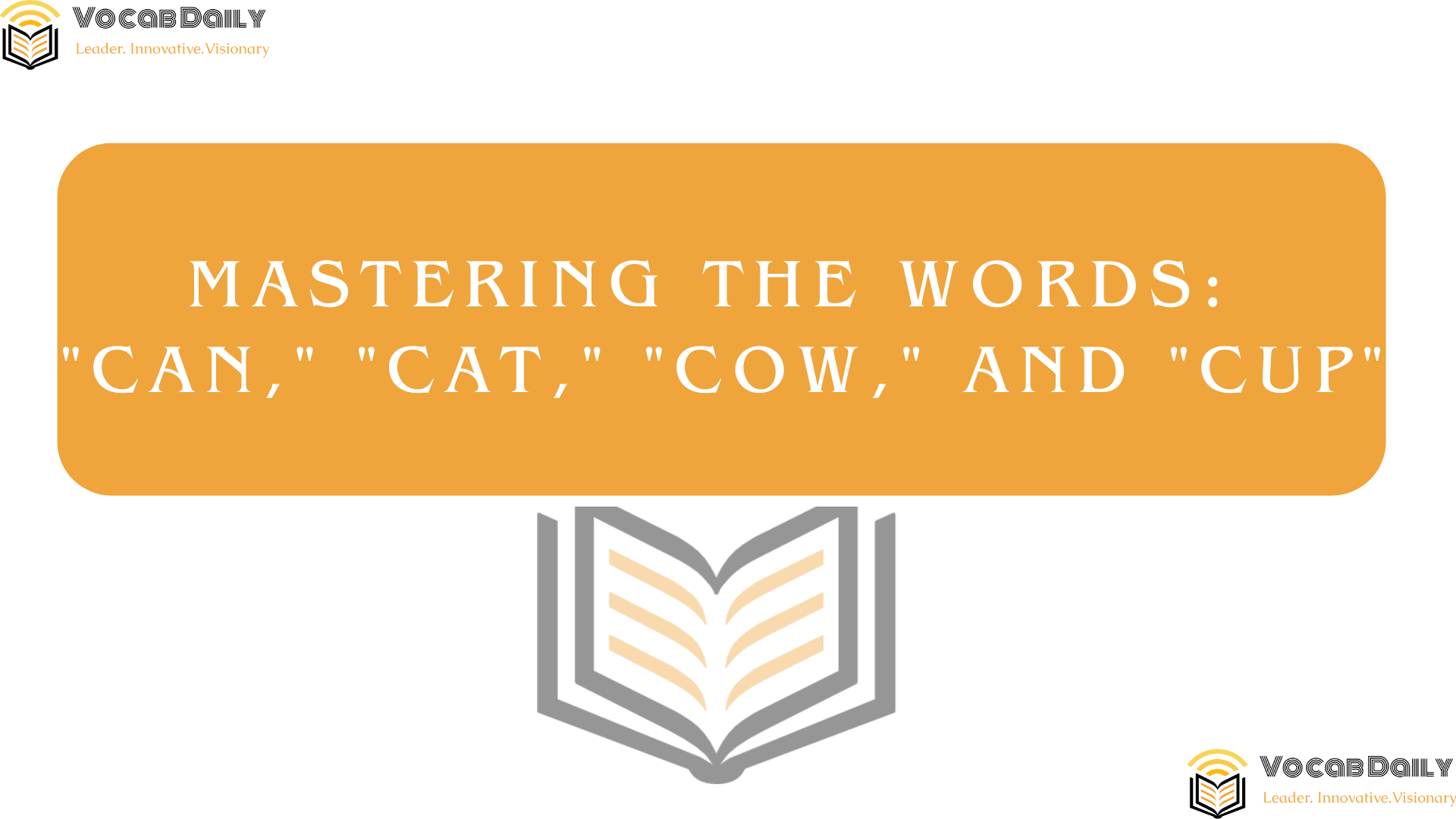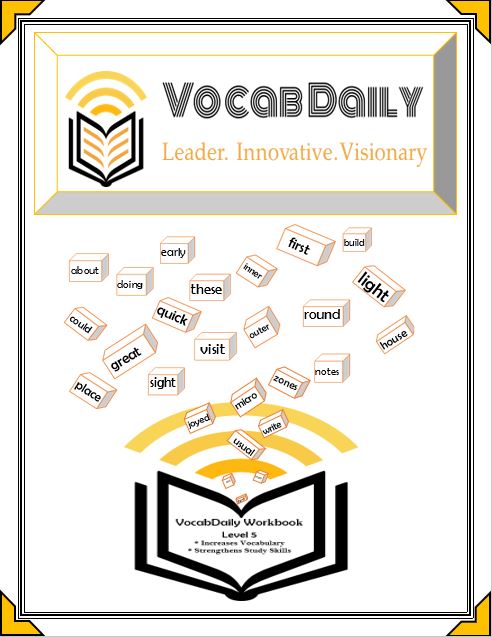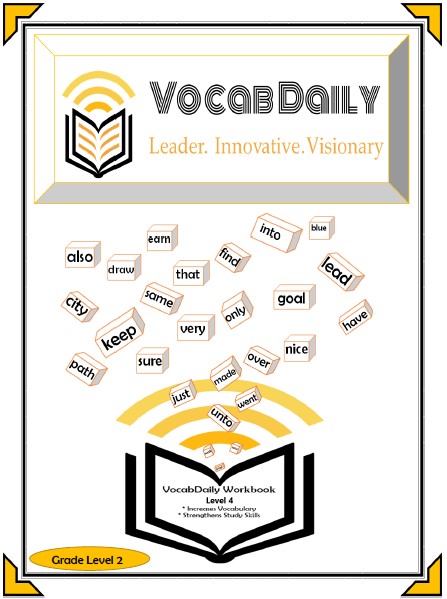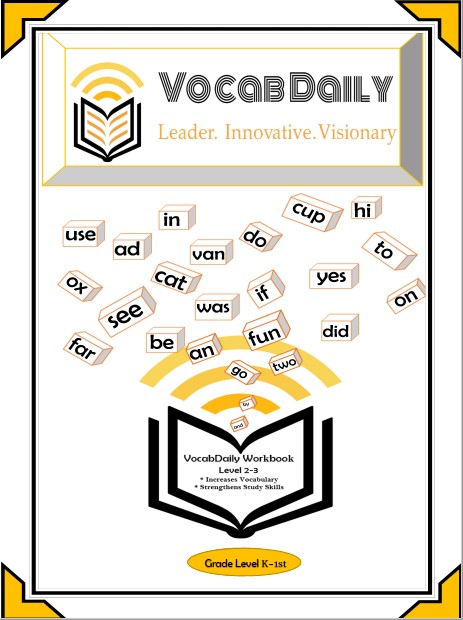Learning how to use basic words like can, cat, cow, and cup is essential to mastering the English language. These words are among the first that English learners encounter and can significantly impact their ability to communicate. While these words might seem simple, they have a broad range of uses, from expressing ability to describing animals and objects. By understanding how and when to use them, you’ll be able to improve both your written and spoken English. In this article, we’ll explore the meanings of these words, their usage in different contexts, and practical tips for incorporating them into your vocabulary.
Understanding the Word “Can”
“Can” is one of the most versatile words in the English language. It is primarily used as a modal verb to express ability, possibility, or permission. Can helps indicate what someone is able to do, what is possible, or what is allowed.
For example:
- “I can swim.” (ability)
- “You can go to the party if you finish your homework.” (permission)
- “We can see the stars tonight.” (possibility)
The flexibility of can makes it essential for building a wide range of sentences. Whether you’re talking about your own abilities, asking for permission, or stating what’s possible, can plays a key role in expressing these ideas.
In addition to being used as a verb, can is also used in the form of a noun to refer to a container, such as a can of soda or a can of beans. This use of can refers to the metal container used to store liquids or food.
Example:
- “Please grab a can of soda from the fridge.”
Understanding both uses of can ensures that you can use it correctly in different situations, whether you’re talking about your capabilities or referring to containers.
Exploring the Word “Cat”
“Cat” is a simple but important noun in the English language, referring to a small, domesticated animal that is commonly kept as a pet. Cats are known for their independence, agility, and playful behavior. This word is not only used to refer to the animal itself but also appears in many idiomatic expressions and phrases.
Examples:
- “The cat chased the mouse.”
- “I have a pet cat named Whiskers.”
Cat is also part of various expressions, such as “curiosity killed the cat” (which means that inquisitive behavior can lead to trouble) or “like herding cats” (which means trying to manage something difficult or chaotic). These idioms provide more depth and richness to your vocabulary, helping you understand both literal and figurative meanings.
In addition, cat can be used as a metaphor or even as a slang term. For instance, calling someone a “cool cat” means they are considered to be stylish or laid-back.
Understanding the Word “Cow”
The word cow is typically used as a noun to refer to the female of a species of domesticated livestock. Cows are known for their role in dairy production and are an important part of farming economies around the world. This word also appears in many idiomatic expressions that convey various meanings.
Examples:
- “The cow gave birth to a calf.”
- “Farmers milk the cow every morning.”
Additionally, cow is often used metaphorically in expressions such as “cash cow” (referring to something that generates consistent profit) or “don’t cry over spilled milk” (meaning not to dwell on past mistakes). These expressions bring out the versatility of the word and its use in both literal and figurative contexts.
Interestingly, the word cow also appears in the phrase “cow down,” meaning to intimidate or force someone into submission. The imagery of a large, powerful animal helps convey the meaning in this expression.
The Role of “Cup” in Everyday Language
“Cup” is a noun that refers to a small, typically handle-equipped container used to drink liquids. It is one of the most commonly used objects in everyday life, essential for drinking tea, coffee, or other beverages. In addition to its literal meaning, cup is also widely used in expressions and idioms.
Examples:
- “Please pour the tea into the cup.”
- “I prefer my coffee in a larger cup.”
In its idiomatic form, cup can also refer to an achievement or victory. For example, the term “winning the cup” often refers to a sports tournament victory, such as winning the World Cup in soccer.
Expressions like “a cup of tea” often refer to something that is personally liked or preferred, as in “She’s not my cup of tea,” meaning she’s not to my liking.
Real-Life Scenarios: How “Can,” “Cat,” “Cow,” and “Cup” Are Used
1. Using “Can” in Common Situations
Can is regularly used to talk about abilities, permission, or possibilities.
Example 1 (ability):
- “I can play the guitar.”
Example 2 (permission): - “You can leave once you finish your work.”
Example 3 (possibility): - “We can visit the museum tomorrow.”
2. Using “Cat” in Everyday Life
The word cat is used when discussing pets, wildlife, or even figurative meanings.
Example 1 (literal):
- “I’m feeding my cat right now.”
Example 2 (figurative): - “He’s acting like a cool cat at the party.”
3. Using “Cow” in Practical Contexts
Cow is used frequently when discussing farming or livestock.
Example 1 (literal):
- “The farmer is milking the cow this morning.”
Example 2 (figurative): - “That business is a real cash cow.”
4. Using “Cup” in Everyday Life
The word cup is used daily when talking about beverages or containers.
Example 1 (literal):
- “Could you hand me the cup of coffee?”
Example 2 (figurative): - “Winning the cup was a huge achievement for the team.”
Expert Insights: Mastering “Can,” “Cat,” “Cow,” and “Cup”
1. Advanced Use of “Can”
Can is versatile and can be used in more advanced sentence structures. For example, in conditional sentences, can expresses possibility or ability under certain circumstances.
Example:
- “If you work hard, you can achieve anything.”
2. The Many Meanings of “Cat”
Beyond its literal use, cat is rich in figurative language. Understanding idioms and expressions that use the word cat can greatly enhance your vocabulary.
Example:
- “I like to think of myself as a cool cat in social situations.”
3. The Role of “Cow” in Business and Idioms
Cow isn’t just for farming—it’s a word that appears in business-related idioms, such as cash cow. Understanding these idioms helps you communicate more fluently in both business and everyday contexts.
Example:
- “The company’s new product is proving to be a cash cow.”
4. Using “Cup” Beyond Beverages
Cup is used beyond the literal meaning of holding liquid. It also appears in many figurative expressions like cup of tea and sports-related phrases.
Example:
- “Winning the cup was an unforgettable experience.”
Mastering words like can, cat, cow, and cup will significantly improve your English communication skills. These words are versatile, and understanding their meanings and usage in different contexts will help you express yourself clearly and confidently. Continue practicing these words in various scenarios to strengthen your language skills. Keep exploring more vocabulary exercises and tips with VocabDaily for ongoing learning.
Visit VocabDaily and Explore workbooks here to continue enhancing your vocabulary!




Leave a Reply